Fair Trade Community Development Funds
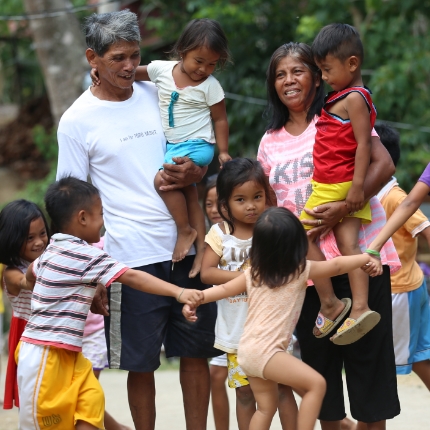
What Are Community Development Funds?
As products are sold as Fair Trade Certified™, companies pay an additional sum of money that is returned back to the certifying entity, called Community Development Funds. These funds allow farmers and workers to invest in development projects that address their community’s greatest needs, such as water, education, housing, and healthcare. Those needs are identified via a thorough needs assessment.
Community Development Funds are more than just supplemental spending money – they help communities address real challenges in their daily lives.
The Power To Shape Your Own Future
Farming, growing, fishing, and factory work is difficult, and workers often face great challenges from forces outside of their control, like price swings, natural disasters, climate change, covid-19, and more. Fair Trade Community Development Funds can help mitigate the impact of the unknown and grant people the agency to make their own investment decisions – it all depends on each community’s own needs.
Here are some examples of projects:
- Emergency Funds: COVID-19 relief, disaster relief
- Water: deep water pumps granting access to clean, safe drinking water
- Environment: regenerative and reforestation efforts
- Health: health clinics, sanitary facilities, septic systems, food cards
- Education: building and improving schools, scholarships, school supplies
- Childcare: childcare facilities, community centers
- Improving Business Operations and Outputs:
technologic advances, job training, safety gear - Housing: build and improve worker housing
- Other: libraries, laptops, washing machines
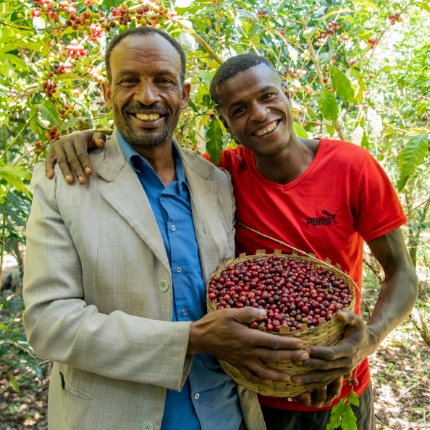
Funds in Action
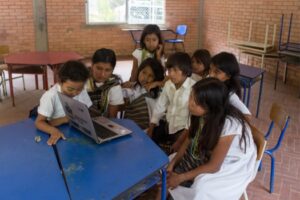
Impact Story Highlight: Edulag
Last year, members of Edulag – agave syrup producers in Jalisco, Mexico – recognized that the COVID-19 pandemic was negatively impacting students in the Villa Corona community where they live. Schools had mandated that kids participate in classes online, but many students lacked the technology to attend remotely. The Edulag members voted to use their Community Development Funds to help cover unexpected education expenses, and 40 families received laptops and tablets to keep their kids’ education on track.
Access to education is a pillar of global sustainability and human rights. At the 2015 World Economic Forum (WEF), 164 countries committed to providing all children access to education by the year 2030. In the five years prior to the pandemic, progress on this goal had closed the access gap by half. Yet the spread of COVID-19 has now affected 91% of children worldwide, putting the WEF goal at risk. At Fair Trade USA, we are proud that our model empowers local communities like Villa Corona to act swiftly to ensure that their young people are able to continue learning despite the impact of the pandemic.
Many other Fair Trade communities around the world are using their Community Development Funds on education projects — the ASOANEI coffee cooperative in northern Colombia rebuilt their community school; fishers on the island of Komandoo in the Maldives invested in high school enrichment classes for students across the island to name just a few. The future we envision depends on all kids attending school and learning. The Community Development Funds – central to the Fair Trade USA model – are just one way that Fair Trade provides meaningful, measurable impact in solving some of the world’s greatest challenge.
Read Other Impact Stories
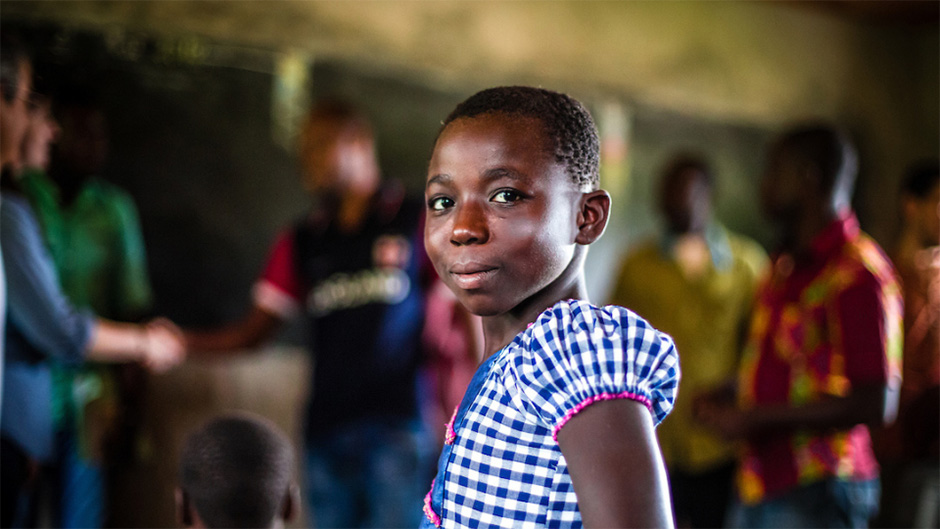
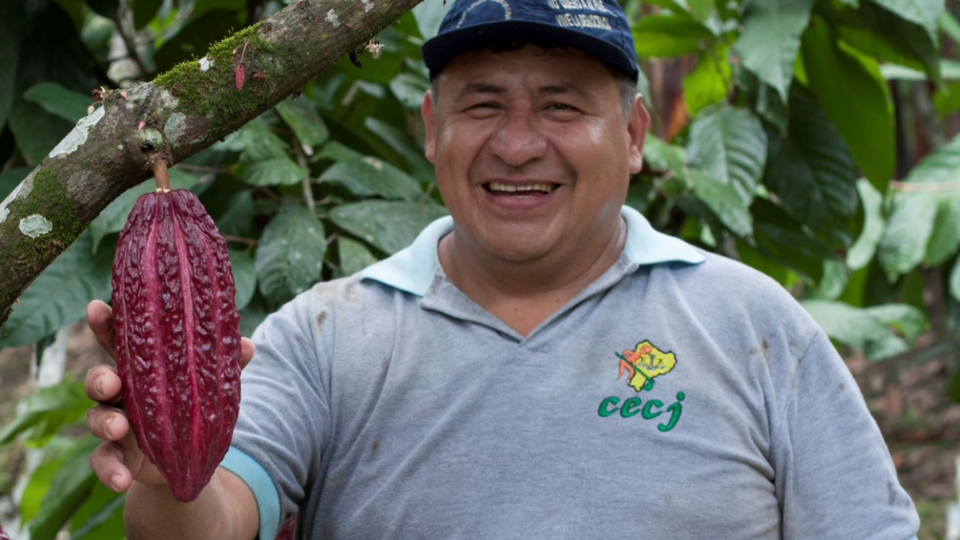
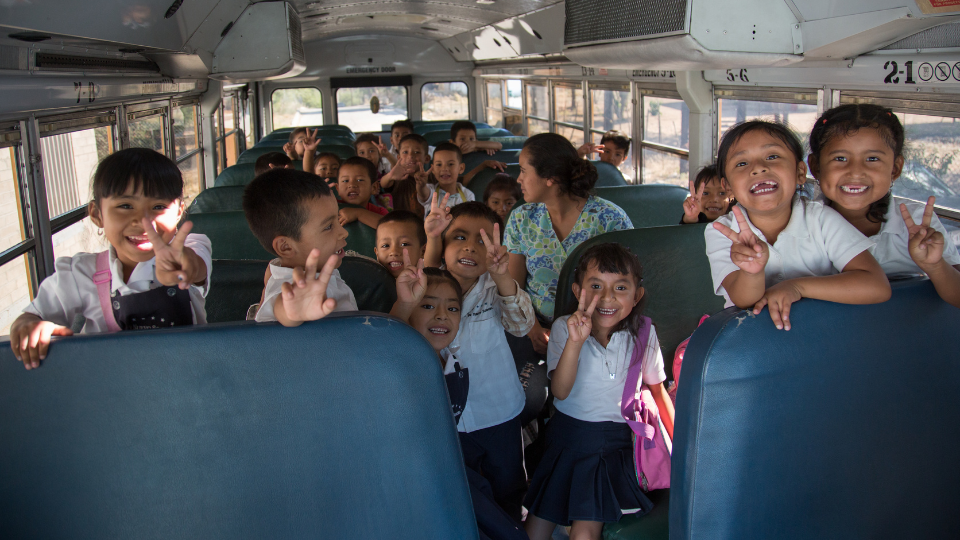
How are Projects Established?
Fair Trade USA™ has established the Needs Assessment – a framework that helps Fair Trade Committees determine how to scope and establish projects.
Needs Assessment